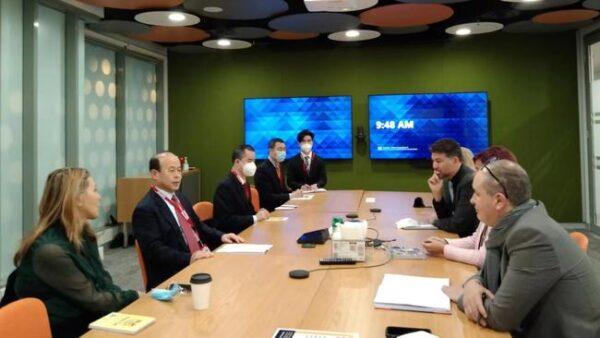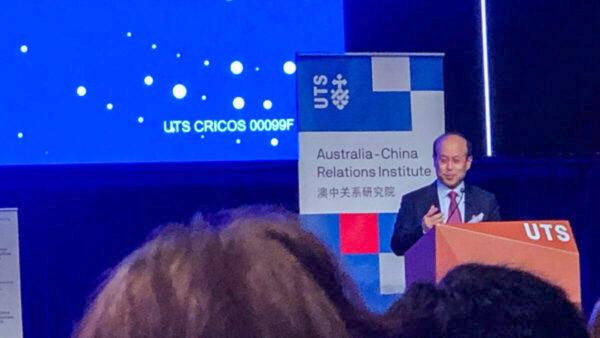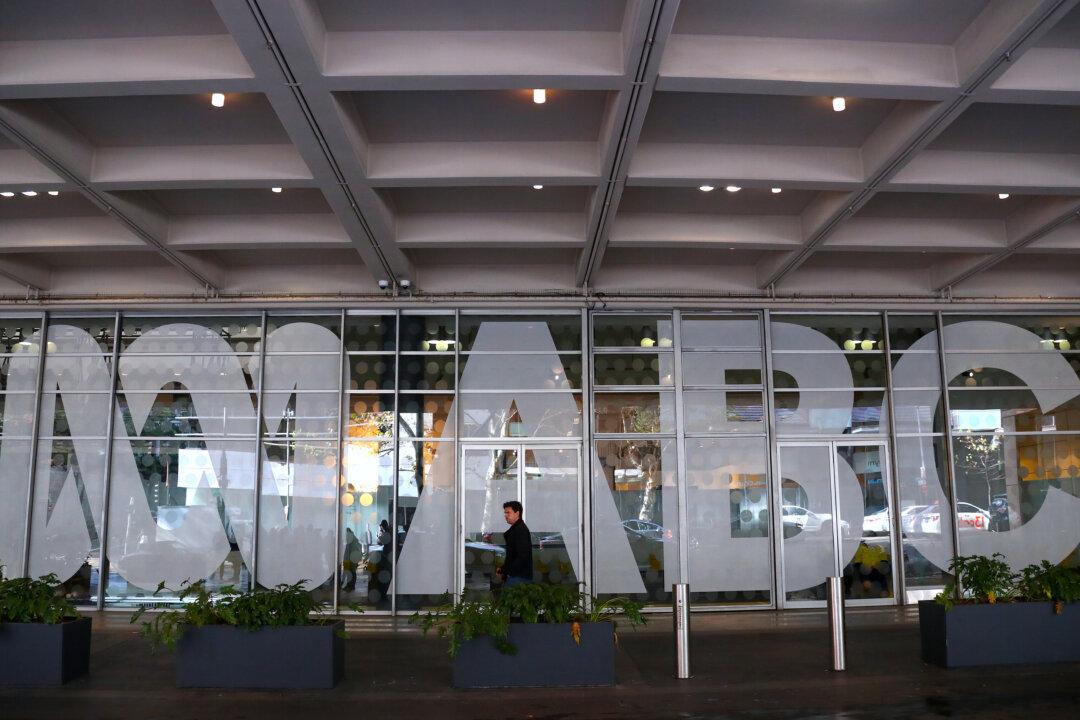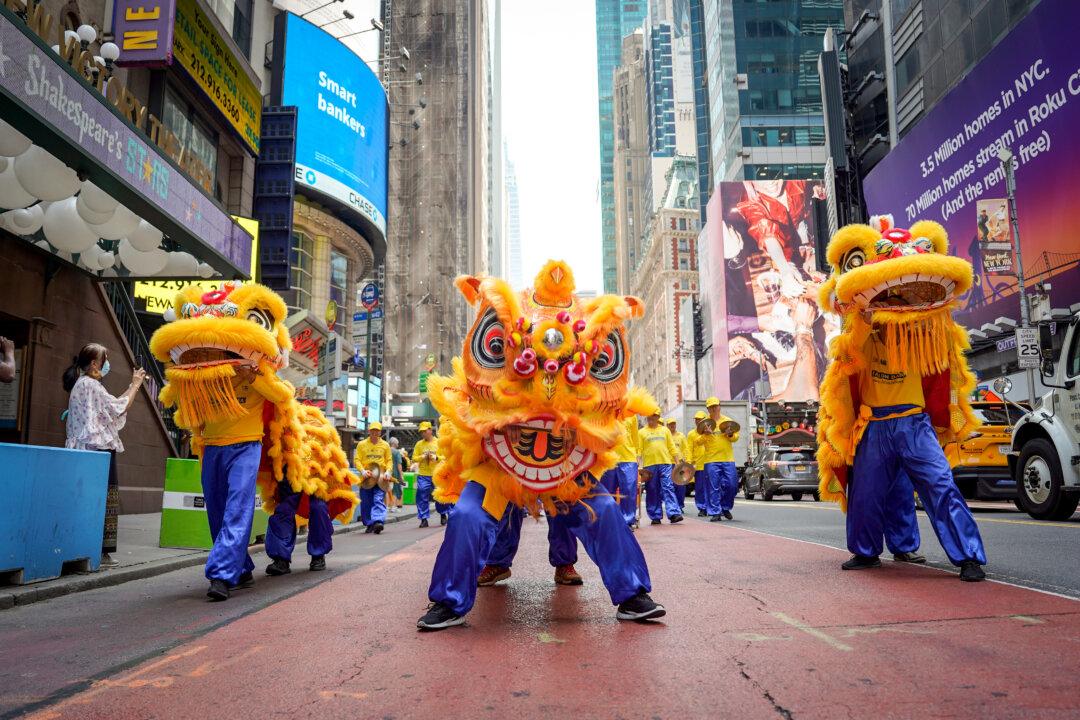An Australian academic revealed that he was asked “not to make anti-China comments” before an interview with the Australian national broadcaster, the ABC.
Davis alleged that the request was made by a producer who assisted with the interview.
“The actual request was completely out of order, in my opinion,” he said.
The Ambassador’s Visit to ABC Headquarters
The request came after the Chinese Ambassador to Australia Xiao Qian visited ABC’s headquarters in Sydney on June 23.
“It is hoped that ABC will give full play to its unique advantages in information dissemination, introduce and report China-Australia relations in a more rational and objective way, and make positive contributions to enhancing mutual understanding and friendship between the two peoples.”
Davis said that after reading the press release about Xiao’s visit to ABC, he couldn’t avoid putting the two things together.
“That’s where the pressure has come from,” he said.
ABC’s Response
ABC Radio National responded to the comments by Davis saying that the academic had misunderstood the producer’s request.The national broadcaster explained that the focus of the story was on space solar technology, rather than further discussion of geopolitics.
“Unfortunately, it appears this was misconstrued as being a request to not criticize China, which was not the intention.”
The Ambassador’s Speech
Sheridan was referencing Xiao’s June 24 speech on China-Australia relations at the University of Technology Sydney (UTS).During his speech, Xiao denied that Beijing had imposed trade sanctions on Australia, saying the measures were due to dumping complaints from Chinese companies and the Chinese public’s dissatisfaction with Australia calling COVID-19 the “China virus.”

In response to the Ambassador’s speech at UTS, Greg Sheridan said Xiao’s claim that there’s no trade ban imposed by the Chinese government is “complete and absolute baloney.”
Australian Solar Farms Exposed to China’s Slave Labour Supply Chains
In the ABC program, Dr Malcolm Davis pointed out that China has recognized the potential value and currently investing in renewable energy, like wind, wave, and solar power.“There are currently several international projects to develop a solar power station in space that aims to tap the energy of the sun’s rays without interference from the atmosphere, or any seasonal or night-time loss of sunlight,” he said.
“It seems that China might be leading the pack as well.”
However, there are concerns that forced labour in China’s solar manufacturing industry has driven down the cost.

Nationals Senator Matt Canavan said he was worried that many groups had been pushing for solar power without considering the ethical implications of China’s forced labour campaign.
“It is outrageous that many claim that solar power is cheap without disclosing the potential that this could be due to the oppression of the proud Uyghur peoples.”




